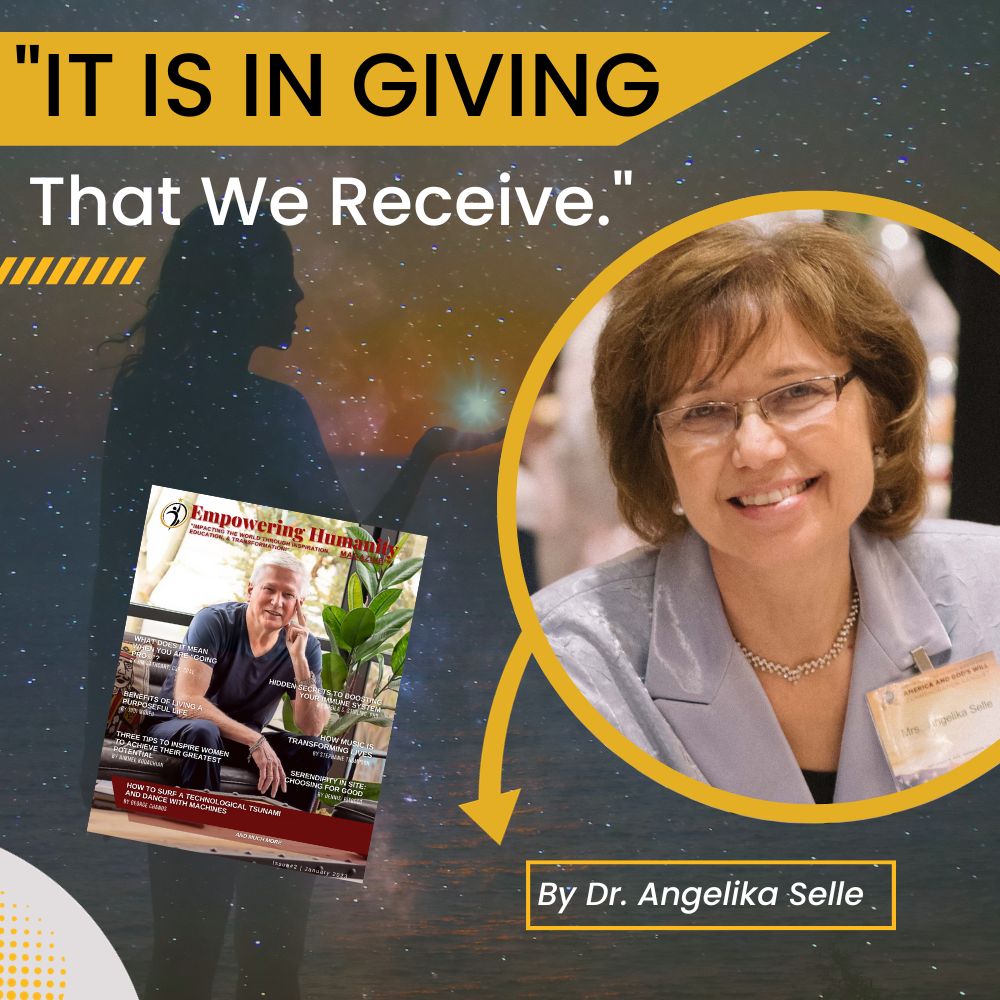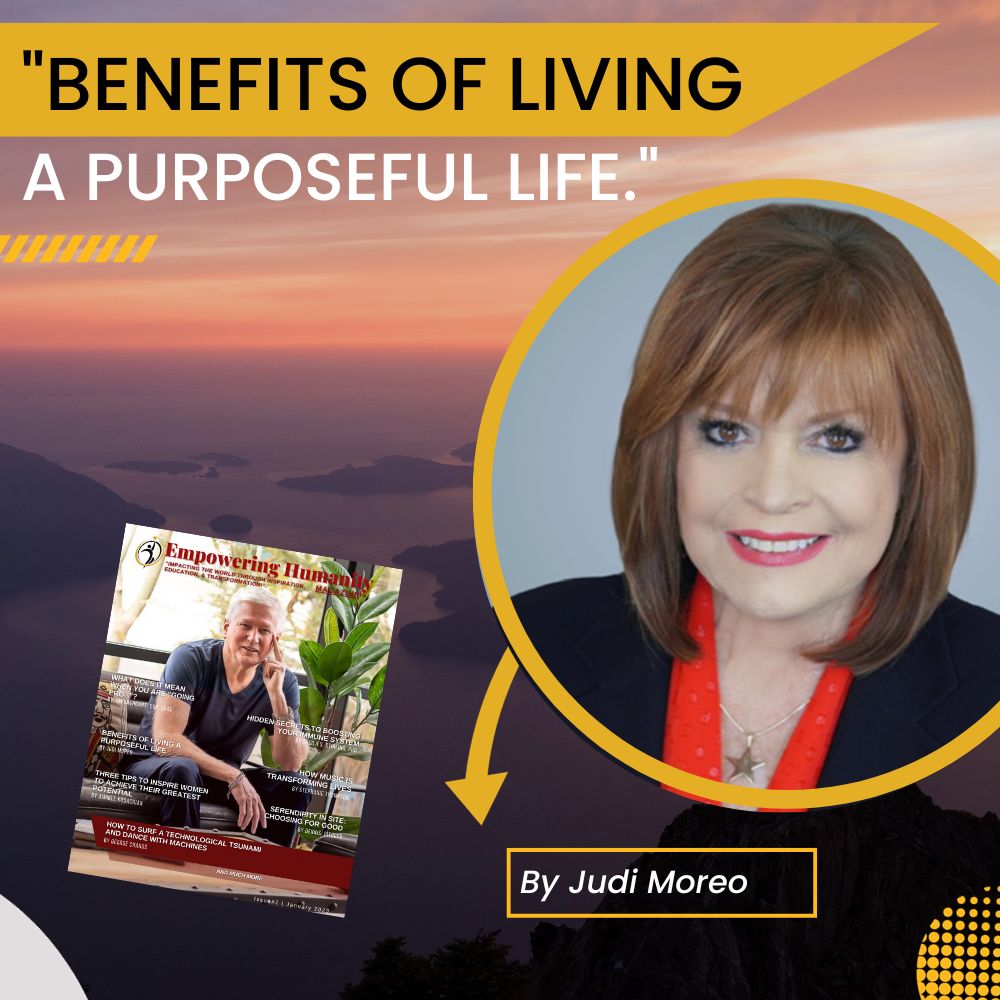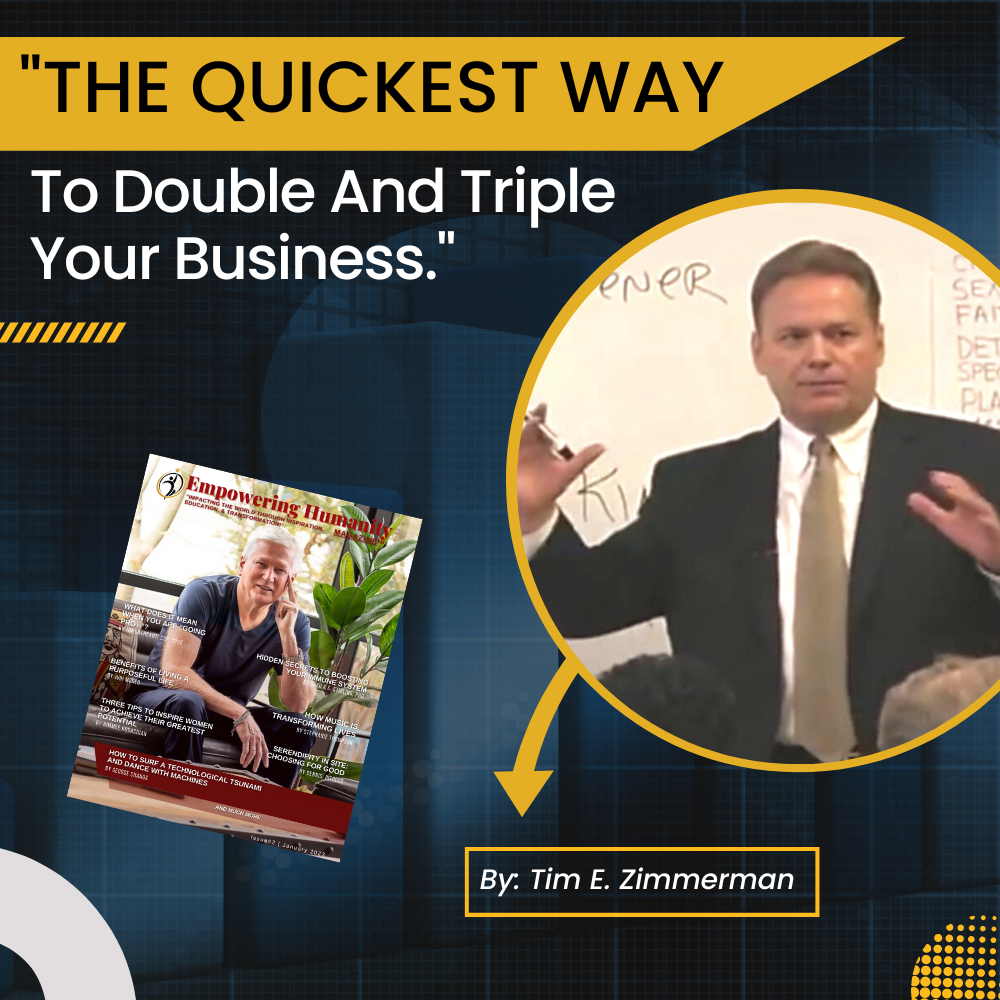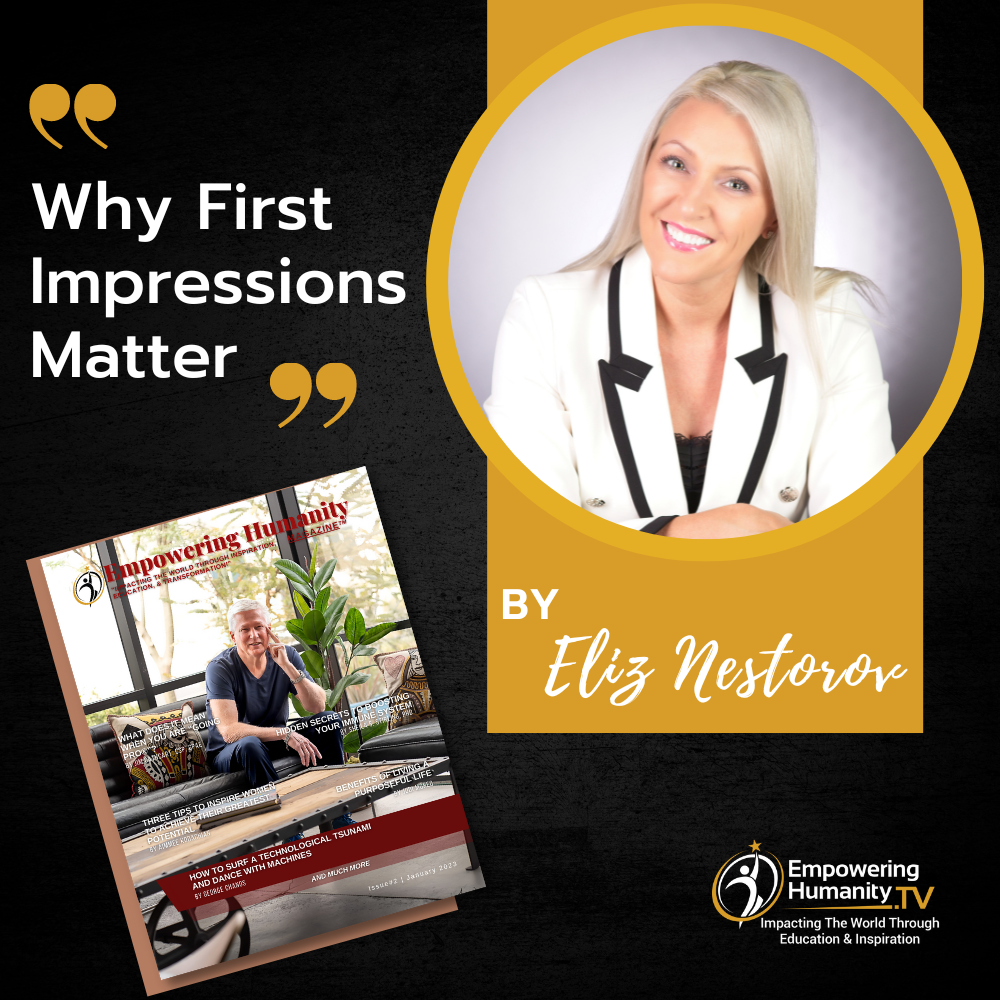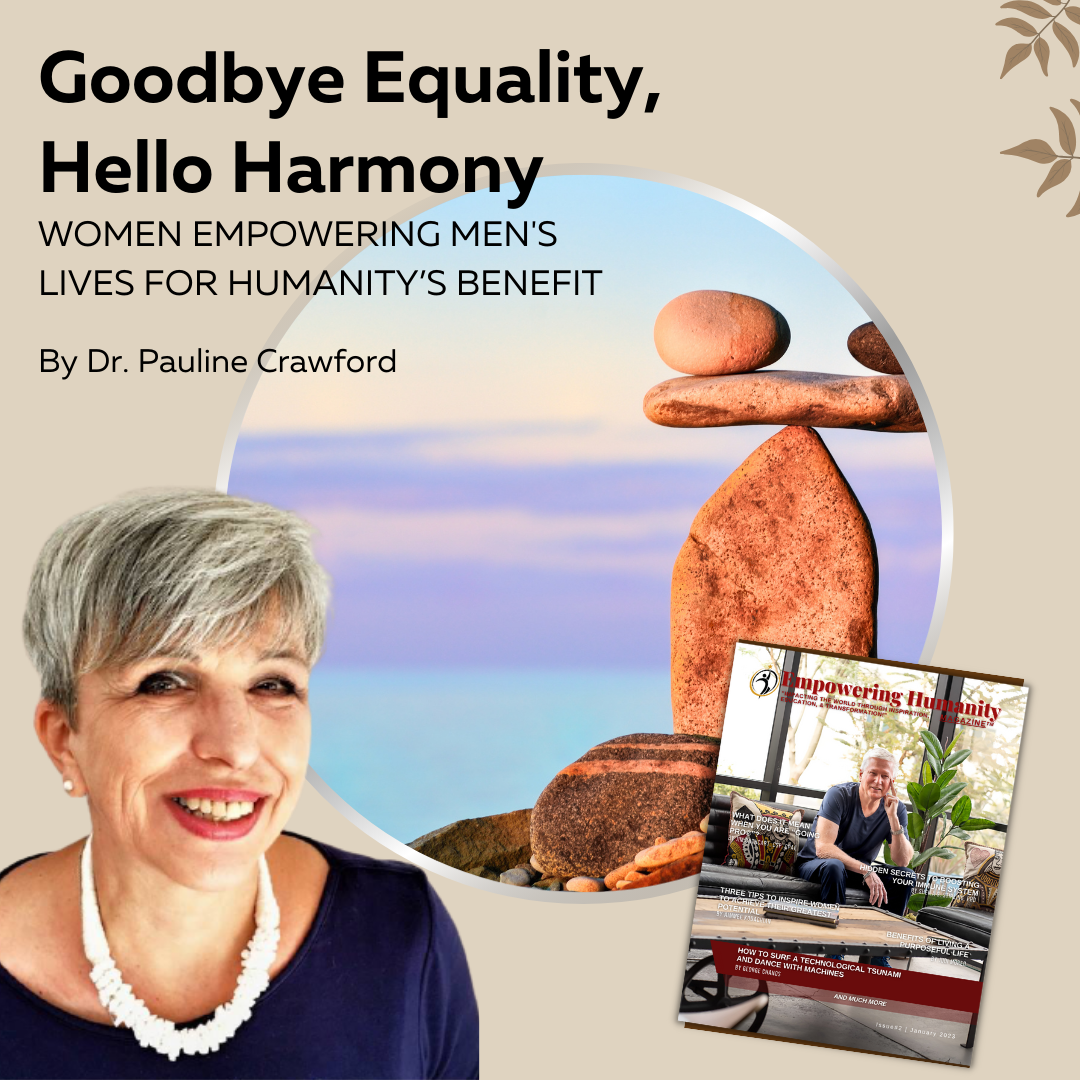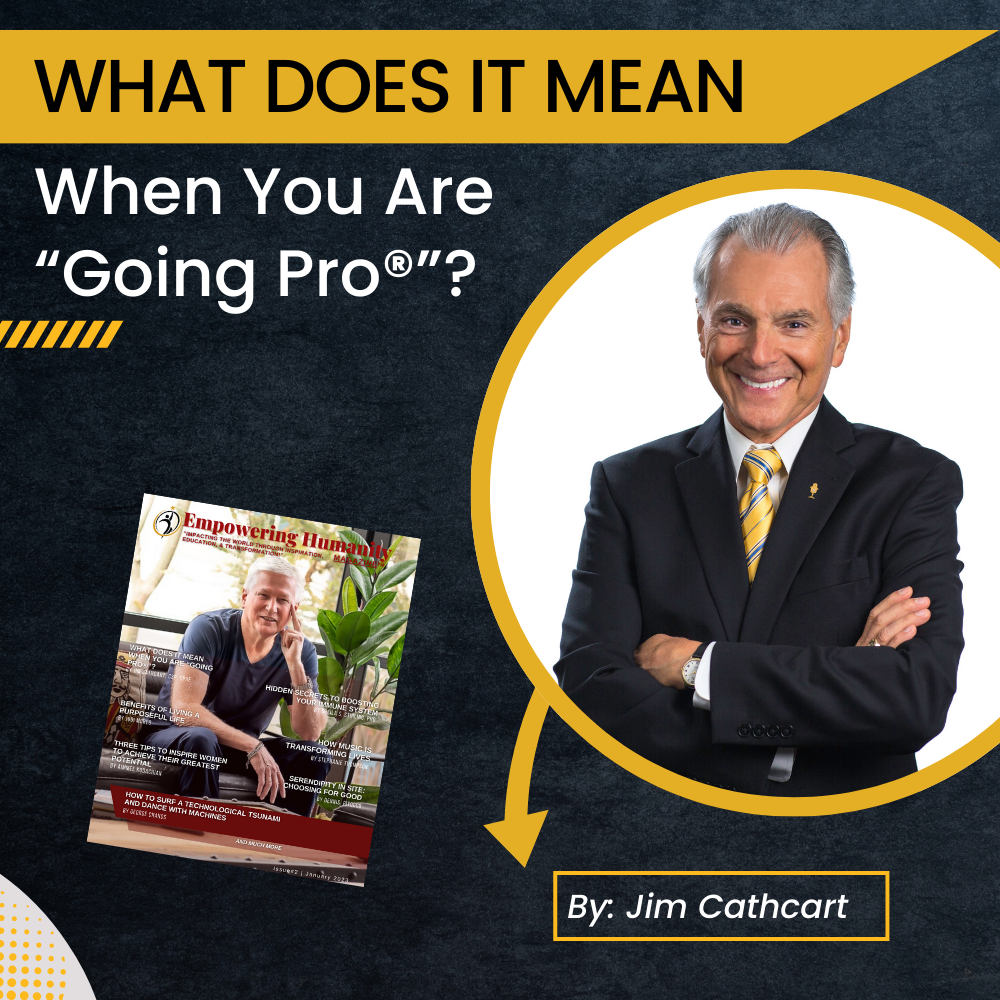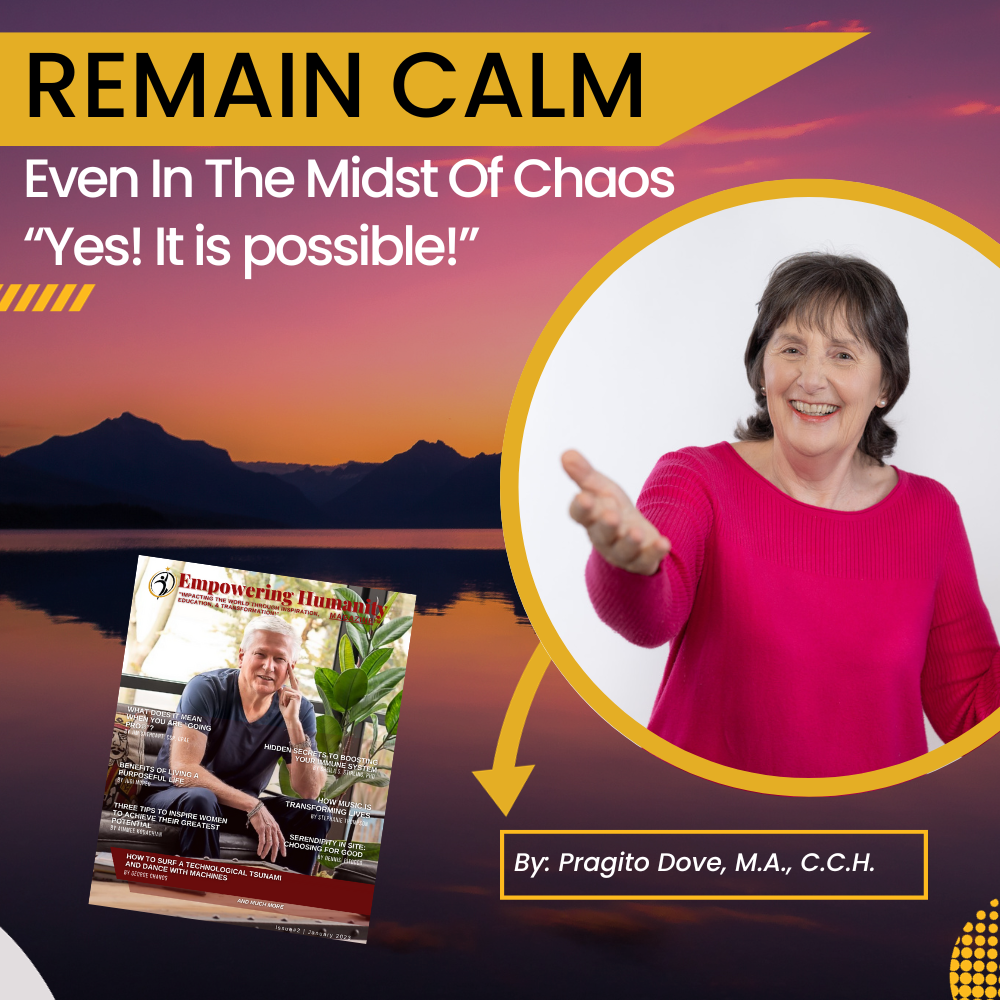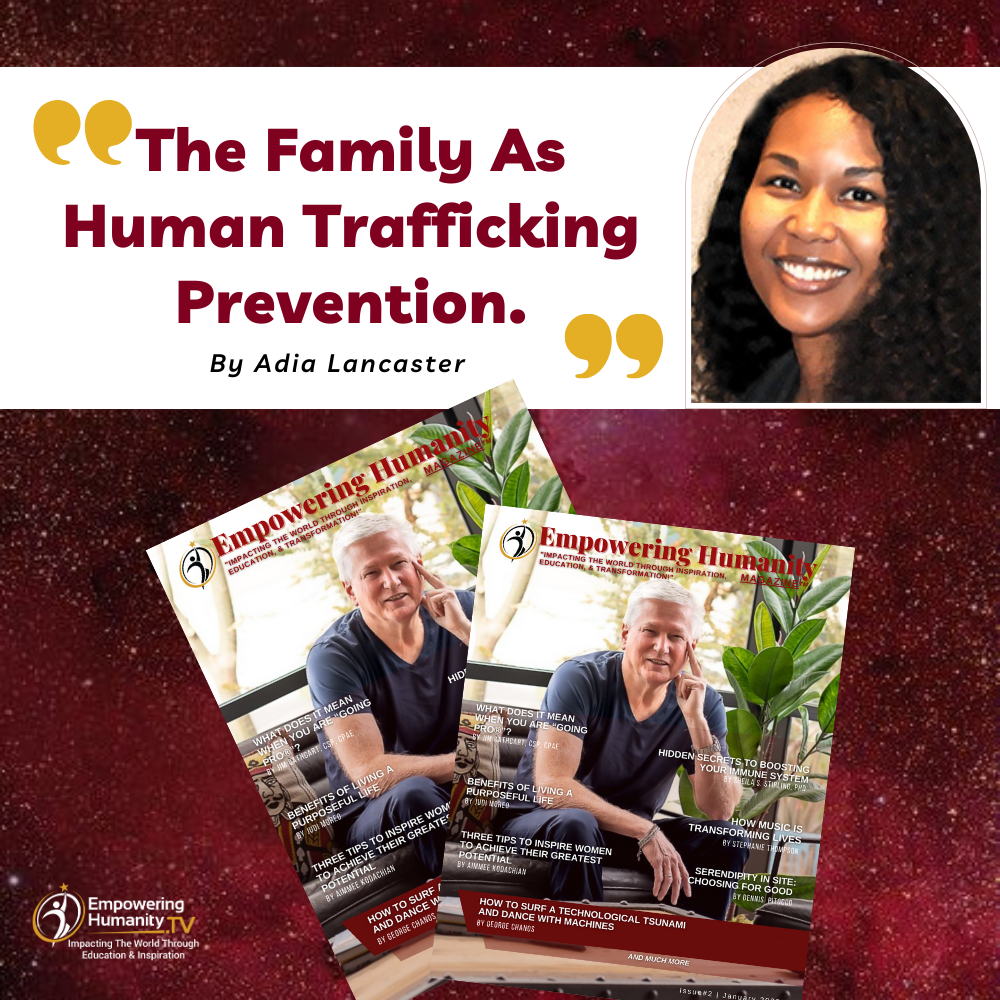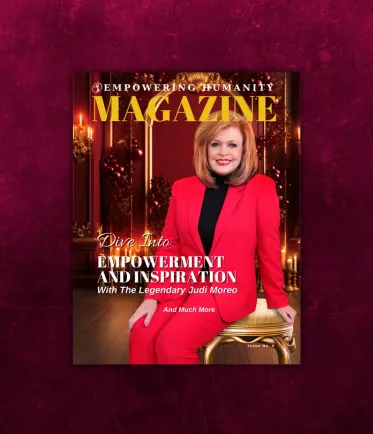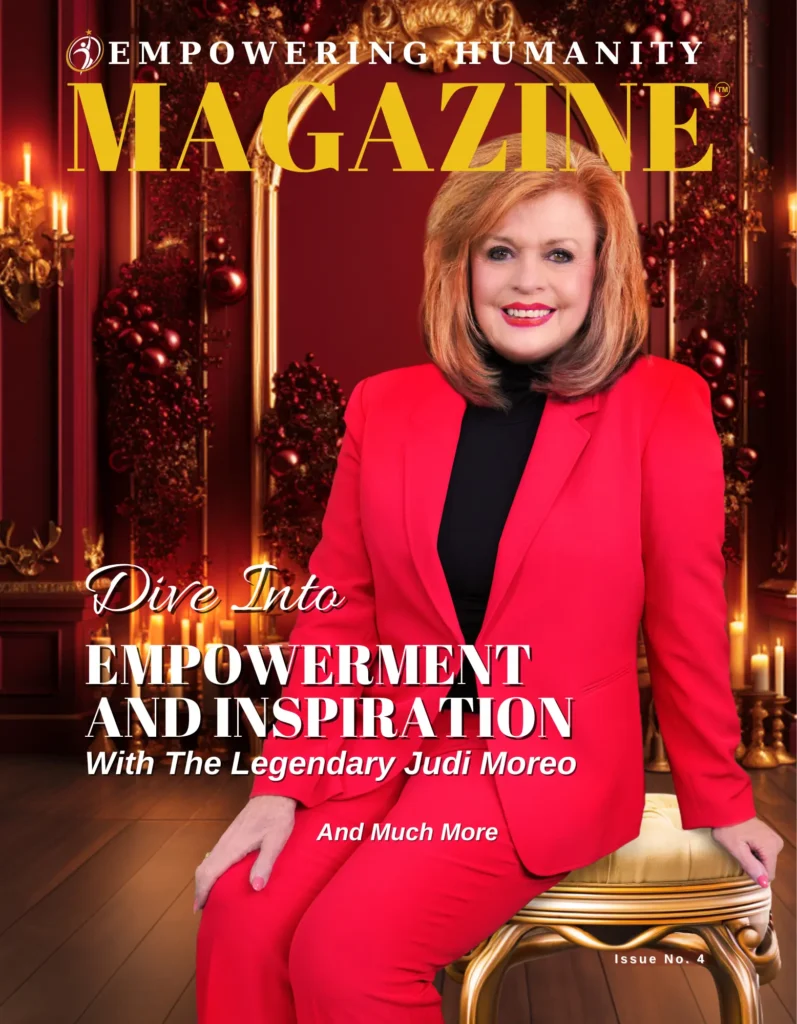It Is in Giving That We Receive
By Angelika Selle
Have you ever wondered why every human being is longing for family, friends, a happy home, children’s voices, and parents’ loving eyes watching them grow? Why is this desire deeply engraved in us, and where does it come from?
This deep, almost irresistible longing for belonging comes from nowhere other than our loving Creator, the Parent of all humankind, who created the one and only institution common to all humanity: the Family — husband, wife, children, and grandchildren. And I believe our dear God also wanted to be included in all our family relationships, and to pour His selfless love through each family member to all.
Yes, we might be currently far from experiencing this kind of love in our family. However, as we find ourselves at the beginning of a brand new year, where we make new resolutions, and maybe conscious shifts toward improving ourselves, why not consider going on the inside and listening to the inner voice of our hearts? By doing so, we will find the strength to change our “self-first” paradigm into the desire to love and give to others. As Saint Francis said, “It is in Giving that we Receive.”
Giving is universal and a powerful tool to transcend and erase barriers and create bridges. The giving of a gift can melt and soften hearts when given with sincerity and genuine love. And we mustn’t forget that there is the most important Giving of Forgiveness to someone who has hurt us, or the Giving of reaching out to someone in repentance, admitting our mistakes.
The following is a brief story and experience I had about the power of “giving.”
I in the late 1970s, together with a group of fellow magazine editors rented an apartment in West Berlin for our annual board meeting, when the city was still divided between West and East Germany. The apartment was, in fact, right across the street from the Berlin Wall. We were located on the third floor, which also had a balcony that allowed us to look over the barbed wire on top of the long line of vacant, bricked-up houses that constituted the Wall at this point. On the other side, we could see a barren minefield, followed by more barbed wire and a path where soldiers armed with rifles walked up and down, and behind them more minefields.
Every day whenever we had a break in our discussions, we went on the balcony and watched the soldiers, wondering if they would notice us.
One day…
To read Dr. Angelika’s inspiring full article, click on this link https://rb.gy/e6xbbu and get your FREE access to Empowering Humanity Magazine™ Now!

